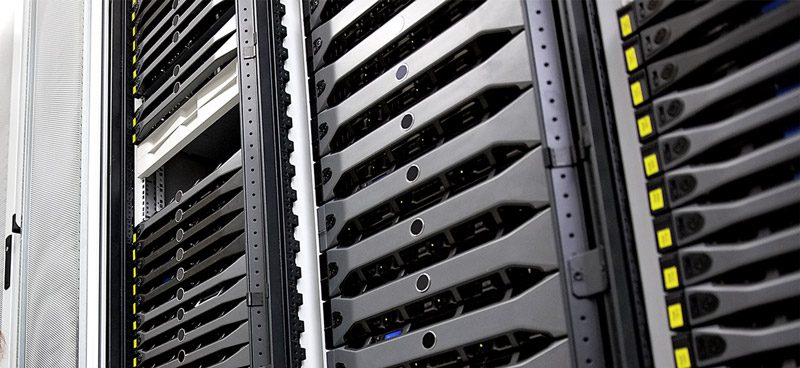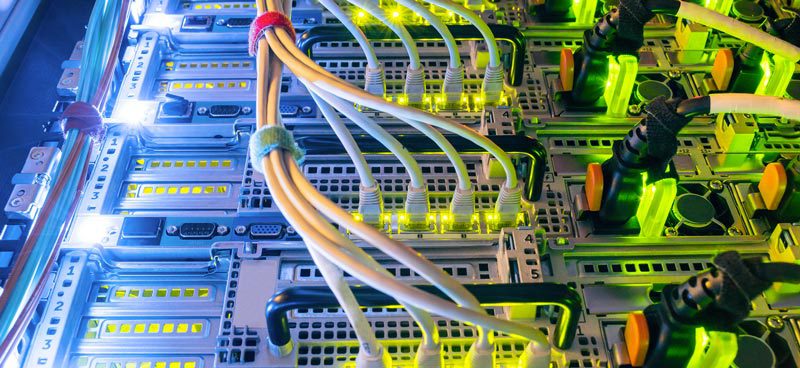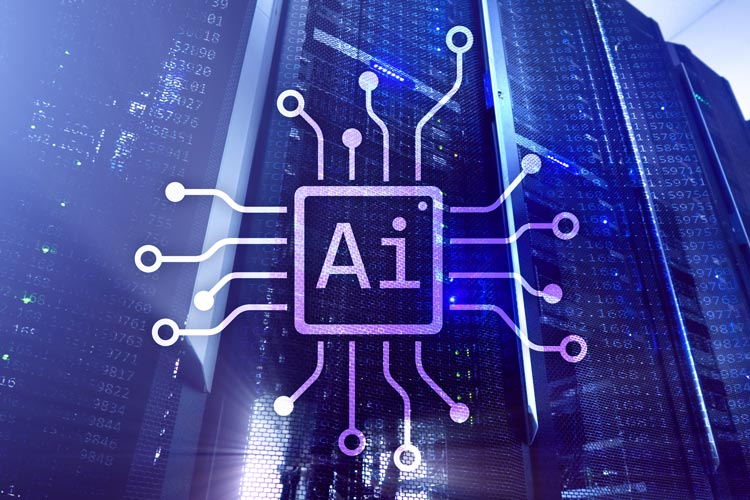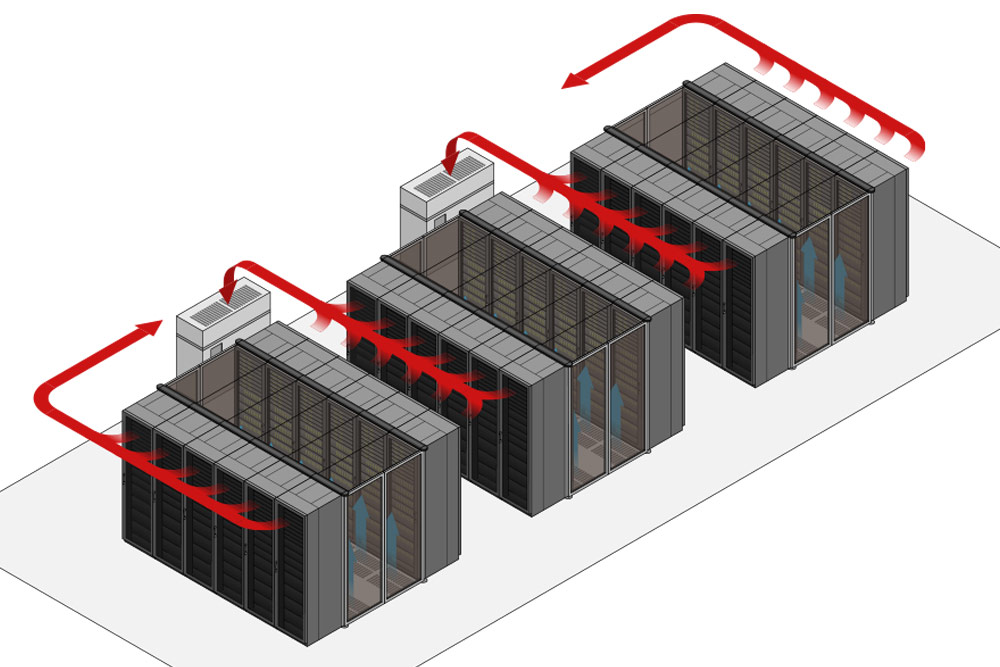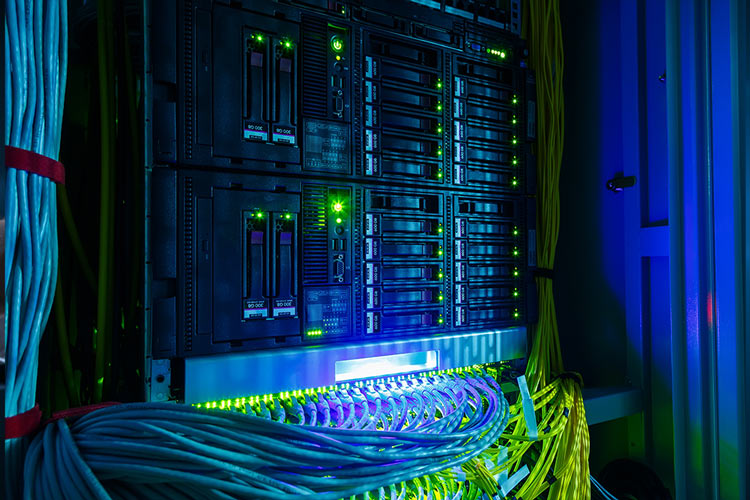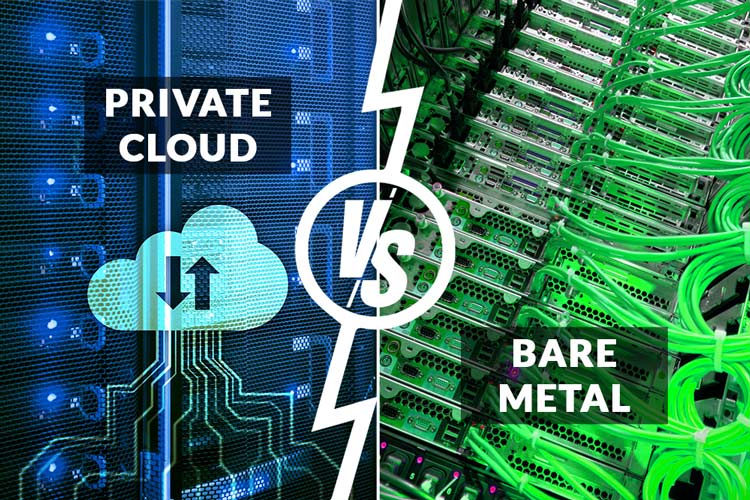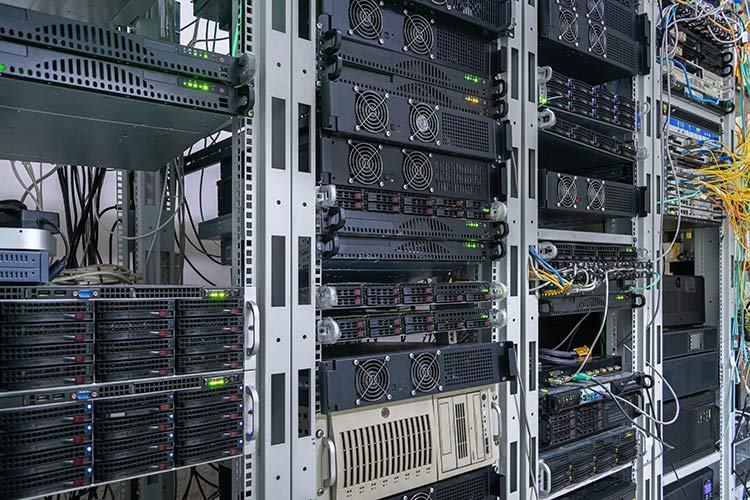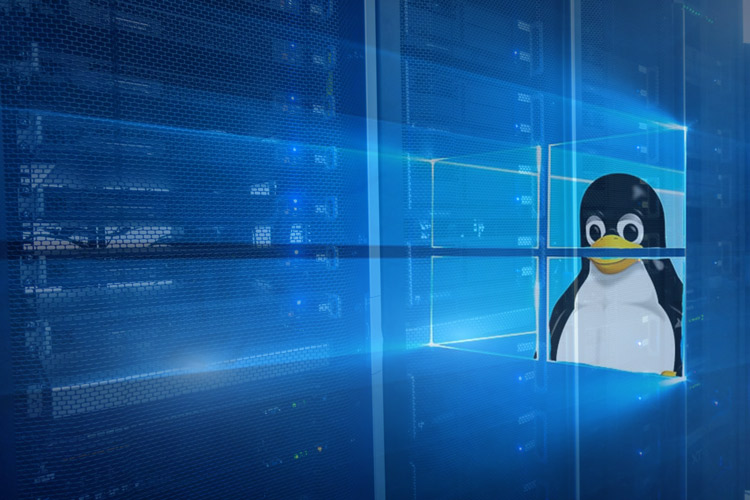In the past thirty years, servers have become an integral part of modern business practices. What type of server your business utilizes can be tremendously important, determining your efficiency, cost effectiveness, and customer satisfaction. These factors have always been important factors for business people to keep in mind, but now more than ever, data management solutions are a crucial part of this.
When it comes to the different types of servers available to businesses in the 21st century, there is an overwhelming amount of variety on display. Different types of data management systems are a dime a dozen, as each alternative asserts that it is the obvious best choice. Each of these systems has its own set of advantages and disadvantages, but today we’re going to be taking. In this article, we’ll be doing our best to accomplish several goals.
First, we’re going to explain what a bare metal server is. Second, we’re going to briefly explore the history of this type of server. Third, we’ll be giving you a detailed but concise synopsis of the upsides and downsides unique to using this type of server. Finally, we’ll be attempting to help you answer the question that’s no doubt on your mind: is this the right approach for your company?
What is a bare metal server?
With a name like “bare metal server,” you’d expect this data management system to be something right out of a Mel Gibson movie about the post-apocalypse, but in reality, the name is much more attention grabbing than the technology itself. Bare metal servers are one of the oldest and most well-established data management models on the market.
A bare metal server is a computer server that gets assigned for use to a single client. Typically, bare metal solutions allow clients to lease hardware from providers to use as they see fit. This diverges significantly from virtual servers, which can run multiple different software applications on the same piece of hardware. A bare metal server can run any amount of work needed by a client and have multiple users within an organization, but the hardware remains dedicated entirely to the organization that is renting it.
The term “bare metal server” refers to dedicated servers that are hardware locked to serve one client, usually a business or organization. Bare metal servers are typically located on site, differentiating them from virtual or cloud servers. Although virtual and cloud servers have been gaining increasing popularity in the past few years, bare metal servers are still the data management solution of choice for many companies.
Bare metal servers are also one of the oldest data management solutions on the market, with a history that stretches back decades. This technology is the outgrowth of a simple reality; it’s easier and more reliable to have a local server than to set up a cloud or virtual server offsite. These technologies have their own roles in the modern landscape of data management, but at the outset of data management, these technologies were virtually (pun intended) nonexistent.
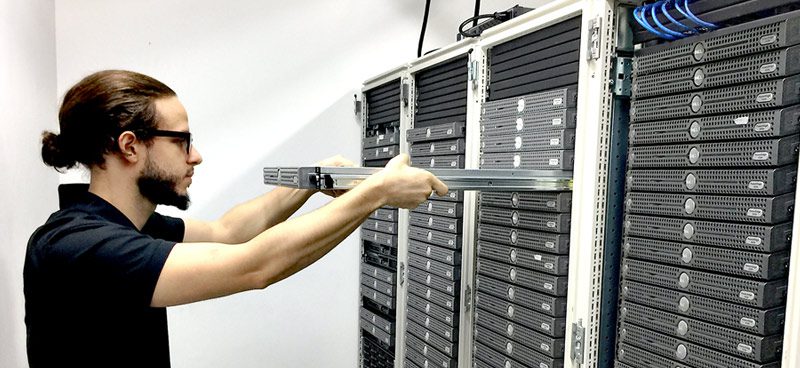
How do bare metal servers work?
In practice, bare metal servers are pretty simple. They usually consist of a single rack or multiple racks, populated by nodes that meet the data management demands of the company at which the server is installed. This data management model prioritizes simplicity, reliability, and scalability, making it perfect for companies with demanding data management requirements.
There are a wide variety of bare metal server applications that suit the model quite well. Office computing is one such application. With an entire office relying on a single server or collection of servers, a local server means low latency, excellent performance, and exceptional scalability. For many companies, this is enough to sell the technology.
Furthermore, bare metal servers are among the most secure data management models on the market. With physical, steel-and-copper components that can be physically secured, bare metal servers offer unparalleled security when compared to other data management models. If your company requires exceptional security, the decision is a no brainer!
Advantages of bare metal servers
Now that you know a bit more about bare metal servers, we’re going to take a closer look at what might make them the correct choice for your business. There are a number of advantages that bare metal servers offer when compared to other alternatives, so we’ll do our best to cover these before we take a look at the disadvantages. Let’s begin!
Excellent performance
First and foremost, bare metal servers offer unparalleled performance. With the ability to customize your server at will, you can integrate as much processing power, storage space, and bandwidth as you like, enabling you to keep your company operating at peak efficiency at all hours of the day or night.
In practical terms, this means that everyone who uses your server will experience as little difficulty as possible, allowing them to work without any added obstacles to performance or productivity as far as network connectivity is concerned. For large companies where limited performance can mean tens or hundreds of hours wasted each month, this is sure to be a prevailing factor.
Enhanced security
Another salient feature of bare metal servers is built into the fundamental features of the data management model: increased isolation and improved security. Due to the fact that you have complete discretionary control over who uses your server and who has access to it, you are able to much more effectively prevent data breaches and other potential cyber attacks.
This is due in large part to the fact that bare metal servers consist of physical hardware rather than a virtual machine. With this physical hardware, your IT department will be able to monitor and control any and all additions or alterations to the machine, effectively preventing any type of malicious attack.
Unparalleled scalability
While other data management solutions such as colocation and virtual private servers do offer some scalability, few can match the sheer customizability and scalability of a bare metal server. With complete control of your localized setup and a bird’s eye view of performance and usage analytics, your IT department will be able to much more effectively optimize your server infrastructure to balance specifications and cost.
With the aid of a competent and proactive IT team, this will result in an efficient and relatively cost effective data management solution for your company that allows users peak performance without sacrificing budget-friendliness. While this isn’t to say that bare metal servers are the cheapest option, they can certainly help balance out the cost disincentives of this data management solution.
Disadvantages of bare metal servers
While they have a long list of attractive advantages over other data management solutions, bare metal servers do also come with a few notable drawbacks when compared to the alternatives. When assessing these drawbacks, it’s important to note that the suitability of this technology is mainly dependent on your company model and data processing needs. That said, let’s take a look at the drawbacks of bare metal servers.
Higher costs
Among the most notable downsides of bare metal servers are the high operating costs when compared to more economically feasible alternatives. Due to the fact that the components for bare metal servers generally must be purchased outright, this raises costs almost immediately. While these costs may balance out over time, this depends almost entirely on your company and business model.
If you want to secure the benefits and advantages of bare metal servers for your company at a lower cost, virtual bare metal servers strike a good balance between cost and the upsides of a bare metal server. These are generally more inexpensive than local bare metal servers, but offer many of the same benefits associated with their more expensive local counterparts.
Higher maintenance requirements
Unlike virtual and cloud servers (many of which offer management and upkeep as a part of the service), bare metal servers typically require a much greater amount of maintenance on a month to month basis. This can eat away at your IT department’s patience and time, as any and all issues are referred to them.
While this drawback can be partially mitigated by technologies such as Data Management as a Service (DMaaS), there’s a good chance that you may have to increase your IT department budget if you decide to go with a bare metal server as your data management solution. Ultimately, the decision is yours to make, so do what you decide is best for your company!
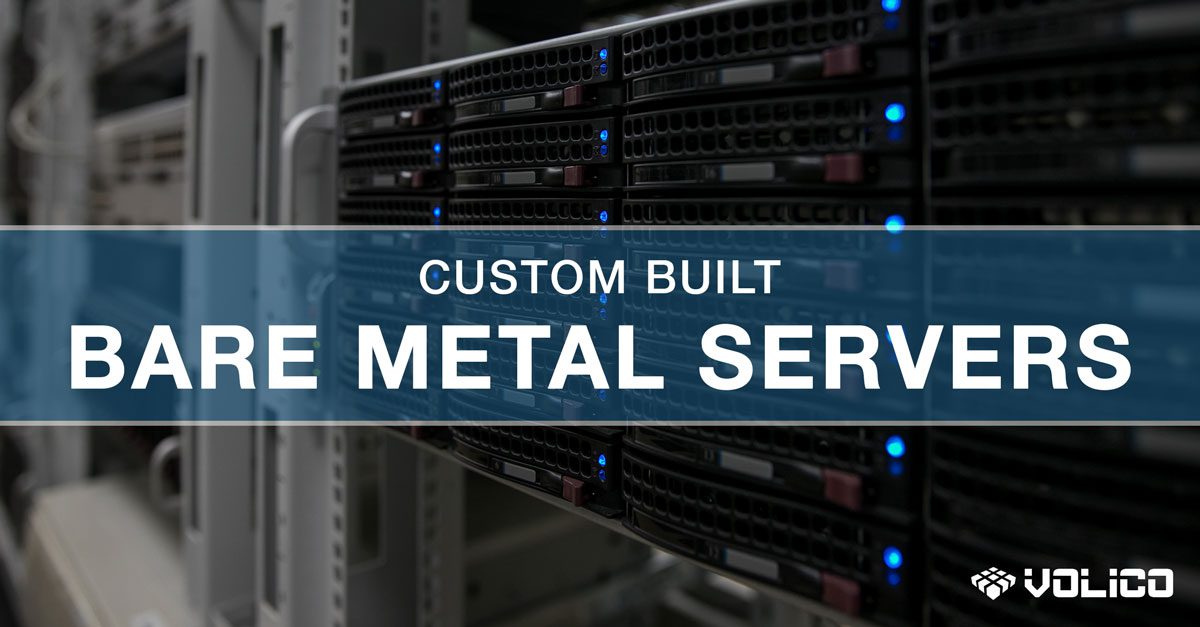
Ready to See How Volico Data Center Can Help You?
Need help choosing the best server for you? No problem! That’s what we’re here for. At Volico, we offer several Bare Metal Dedicated Server options to fit any business need. Make sure to check them out!
Whether you want a bare metal or a classic public cloud server, contact a Volico professional today to discuss your requirements and setting up the best hosting server for your business. Volico’s Bare Metal Servers are designed to meet a broad range of workload needs. It’s available in various configurations with varying numbers of cores, RAM, CPU, Storage, OS, and more.
• Call: 888 865 4261
• Chat with a member of our team to discuss which solution best fits your needs.

